
インフォマールな英文メールの場合
メールを書く時に、まず考えないといけないのは、相手をどういう風に呼んだらよいかという問題です。 メールの相手が、仲がよい友達や親戚だとしたら、ファーストネームを使ったほうがいいです。よく知っている人宛のメールを書く時にラストネームを使うと、冷たい感じを与えてしまいます。英語圏では、年上の友達や親戚であっても、あまりラストネームを使いません。
次は、名前の前にどんな言葉を使えばいいのかを考えないといけません。「Dear」という英単語は一般的に使われていますので、この言葉が一番無難です。 「hello」や「hi」というような会話によく出てくる挨拶も友達宛の英文メールにも使えます。 実際、この言葉は、ネイティブにとっては、dearよりもっと親しげな感じがします。 「To」という言葉は、感情が込められていない機能的な言葉ですので、冷たい印象です。 最後に、 名前の後にコンマを忘れないでください。
友達宛の英文メール挨拶
親しくない挨拶
To Pete,
To Sally,
親しい挨拶
Dear Pete,
Dear Sally,
もっと親しい挨拶
Hey Julie,
Hi Dan,
注意: 英語では、Mr. や Ms. はファーストネームに付けません! 日本人はとてもよくこの間違いを犯します! 例えば、!!! Dear Mr. John, !!! は誤りです。
フォーマルな英文メールの場合
よく知らない人への冒頭挨拶にファーストネームを使ってしまうと、なれなれしい印象を与えてしまいます。それは和文メールに似ていると思います。 女性の場合は、通常Ms. が使われています。 昔は、相手の結婚状態によってMissやMrs.が使われていましたが、現在その使い方は性差別だと思われていますので、もう使われなくなりました。男性の場合は、Mr. が使われています。もし相手は、お医者さん又は教授の場合だったら、Mr. や Ms. ではなく、Professor あるいは Dr. が適切です。例えば、「Dear Dr. Jones,」や「Dear Professor Brown,」。フォーマルな英文メールでは、「hello」や「hi」は通常使われません。「Dear」や「To」が一般的です。
しかし、和文ビジネスメールと違って、英語圏の英文ビジネスメールでは、ファストネームも使います。というのは、もしビジネスの相手がとても偉い人あるいはよく知らない人の場合、「ラストネーム」が使われています。でも、やり取りが続くと、ファストネームを使うようになります。例えば、あなたは会社Aで働いています。そして、相手は会社Bで働いています。最初のメールを書く時に相手のラストネームを使いますが、三回メールをしたら、相手のファストネームを使ってもよいです。しかも、多くの場合、相手が違う会社で働いていても、ファーストネームを使ったほうがいいです。この傾向は特にアメリカに多くみられます。イギリスの会社は日本に似ていて、もう少しフォーマルです。このような理由で日本人の会社員にとってはいつファーストネームを使えばいいのかいつラスとネームを使えばいいのかは難しいと思います。一番無難な方法は、メールの相手に任せることです。つまり、メールの相手があなたのファストネームを使った場合に、あなたも相手のファストネームを使えばよいのです。(社長やとても偉い人じゃない場合です)。
知らない人宛の英文メールの場合
相手の名前が知らない場合は、「Dear Sir、」 又は 「Dear Madam,」 が丁寧です。 ただ、この言葉を使う時には、相手の性別を知っていなければなりません。若し、相手の性別を知らない場合、「Sir」 や「Madam」は使えませんので、相手の仕事の肩書きを使ったほうがよいです。例えば、相手がカスタマーサービスの課長だとしたら、「To the director of the customer service center,」という冒頭挨拶が適切です。
注意:この場合、「Dear director of the customer service center,」 は少し不自然です。 「Dear」は相手の名前を知っている場合だけに使われています。 「Dear Sir,」や「Dear Madam,」もオーケーです。最後に、相手の性別も肩書きも知らない場合には、「To whom it may concern,」 が一番よいです。
相手が複数の人だと、「Dear Sirs」や「Dear Madams」は使わないほうがいいです。ネイティブがこの複数形の言葉を聞くと、違和感を感じます。代わりに、相手のグループの名前を使ってください。例えば、「To the customer service center, 」。そして、グループの名前を知らない場合は、「To whom it may concern,」 を使ってください。
インフォマールなメールの場合は、「Hey everyone,」が使えます。相手が女性のグルップの場合、「Hey ladies」は絶対に使わないでください。これは、相手をナンパしようとしている印象を与えてしまいます。最近、アメリカでよく使われているインフォマールな冒頭挨拶は「Hi guys,」です。昔は、「Guys」は男達という意味でしたが、現在若いアメリカ人は女性宛のメールでも男性宛のメールでも「Hi guys,」をよく使います。

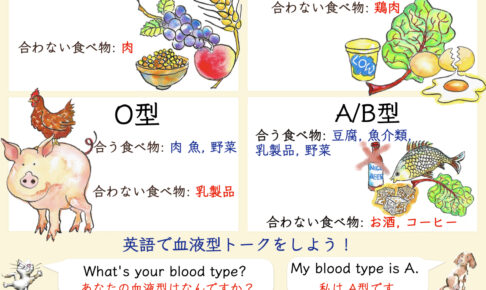
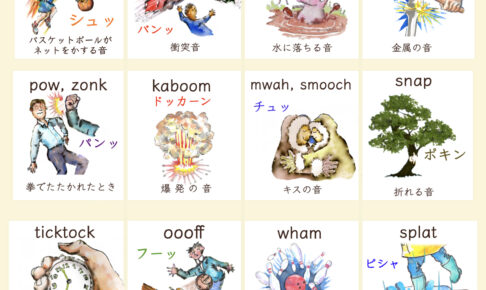
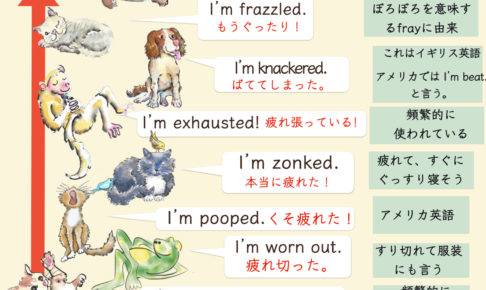
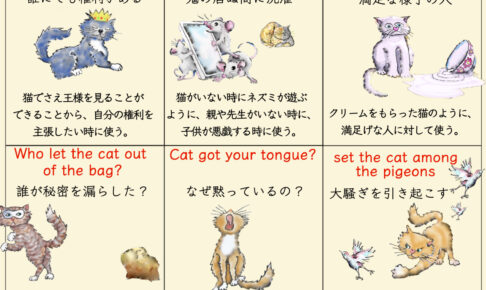




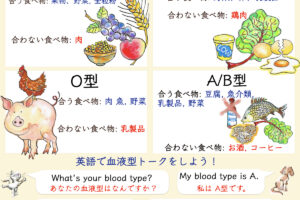
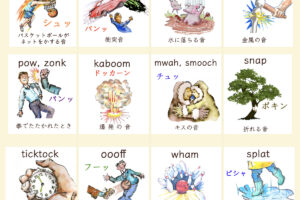
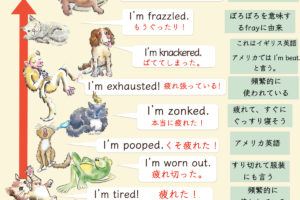
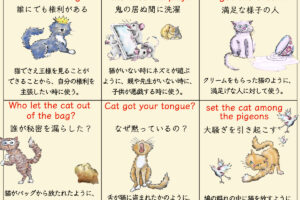
疑問に思うことがあります。
Dear 名前, の場合「dear」は形容詞なので当然そのあとにコンマは不要。
しかし、Helloは間投詞ですから、たとえば「Hello, Tom.」と文章なら呼びかけの名前の前にコンマで区切るのが正書法として適切です。
メールの冒頭ではどうなのですか?
Hello, Tom,
Hello Tom,
どちらがより正書法として正しいといえますか?コンマなしで許されるとしたらその理由は?
確かに、小説などの英文では、「Hello, Tom」と書きますが、メールなどでは、「Hello, Tom」は使いません。「Hello Tom,」が正しいです。
I hope that helped.
[…] 取引先と友達に送るメールの書き出し方の違いなどを解説してあります。英文メールの冒頭挨拶 | 英語 with Luke […]
Hi.
You explained how to write e-mails.
However,I often heard ‘ Dear Sir ‘ or ‘ Dear Madam,’ on phoning.
When I’m calling to the some offices,its
receivers would say like that ‘Hello.Dear Sir’ or ‘Dear Madam’.
Meanwhile,If I have checked in the hotel,the phone is ringing and I pick it up,I can say ‘Yes?’.
So,I think ‘Dear Sir’ or ‘Dear Madam’ are also the phrases of polite expression for ‘ Yes? ‘ on phoning.
By the way,what does it say that generic phrases of ‘Mr.,Ms.,Miss.,Mrs.’? Name title?
If it expresses just ‘Title’,it has some
meanings.For example,’Job title’,right?
Anyway,I agree with your explanation below.
Women’s name title of ‘Ms.’ is only used in UK.
Because,it is sexism that only women’s name
title has been changed by if women are married or not.On the other side,why should only men’s name title be always ‘Mr.’?
I have heard that French people also refuse to call women as ‘mademoiselle’ or ‘madam’ .
Then,’madam’ is only used in order to avoiding
wrong sexism in France.
I can definitely say that you should proud of your decision about that.
Fortunately,people around me are not sexism at all,though.However,it’s pitty,it looks increasing some sick poeple who think sexism is like god-given right than before in Japan,too.
Women have god-given right on the way of own confortable lives except some women who are afraid of see that.We just avoide sexism-
people,who want to get someone involved in their family matter or other’s nasty motivation.
So,I’m luckey I just feel happiness in every
second with someone special who don’t care about previous sick people but knows plenty of various good phrases represented nice virtue about myself properly.
Hi again Luke,
How to punctuate greetings and direct addresses:
Hi June,
・ no comma before the name
・ a comma after the name
The above is correct.
Otherwise,I read an interesting article about the matter on the web site from US.
Some people have questions about it:
Someone from US said: A direct address( i.e. the name ) should be set off by commas:
( case1.)
Goodbye, Norma Jean
Hey, dude
Listen, punk
Excuse me, ma’am
I swear it, officer
Chief, you gotta believe me
Oh, Steve
( case2.)・ in the middle of a sentence:
Goodbye, Norma Jean, and good luck.
Hey, dude, that’s awesome.
( case3.) ・the period at the end of the sentence:
Goodbye, Norma Jean.
Dude, that’s awesome.
But almost every time I see a direct address in my e-mail in-box, it is:
Hi June,
I know why it is common.
Many of them starts their emails with greeting like:
Dear John,
Dear is a modifier, and you don’t use a comma.
Not “lazy, cat.” . It is “lazy cat.”
But,If I were to get fussy about it, it’d be just a matter of time till no one was saying hi to me at all.
He said above…(lol)
Hello Luke,
In some cases we don’t know the name of the person we’re writing to, it’s polite to be formal ‘ Dear sir / Madam ‘.
Only ‘ Dear Sir ‘ or only ‘ Dear Madam ‘ is not used in business letters, letterhead and forms.
Ultimately, when I’m gonna learn something in English, I have to check it from English speaking people who have good manners.
Fortunately, many good people support me.